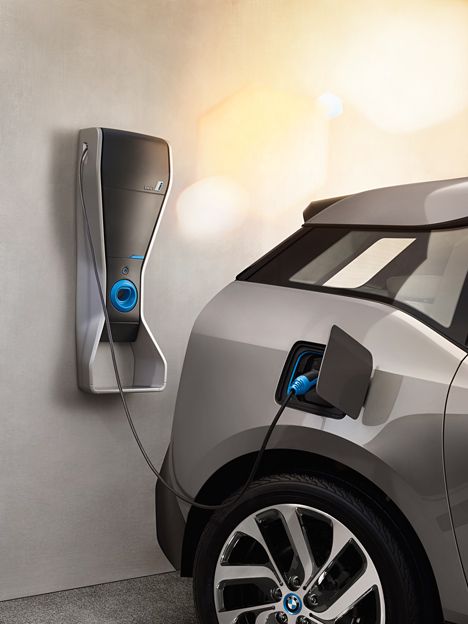


The world is witnessing the dawn of a new era in the automotive industry - the great electric car race has just begun. With increasing concerns about climate change and the need for sustainable transportation, electric vehicles (EVs) have emerged as the frontrunners in the race to revolutionize the way we drive. This seismic shift towards electric mobility is not only reshaping the automotive landscape but also presenting an incredible opportunity for businesses and consumers alike.
As technology advances and governments around the world implement stricter emissions regulations, major automakers are investing heavily in electric vehicle development. This has led to a surge in the availability and variety of EV models, offering consumers a wide range of options to choose from. From sleek sedans to sporty SUVs, electric cars are no longer limited to a niche market but are becoming mainstream.
One of the key advantages of electric vehicles is their environmental friendliness. By relying on electricity rather than fossil fuels, EVs produce zero tailpipe emissions, reducing greenhouse gas emissions and improving air quality. They play a crucial role in combating climate change and reducing our dependence on finite resources. Furthermore, electric cars are significantly quieter than their traditional counterparts, contributing to noise pollution reduction in urban areas.
Besides their environmental benefits, electric cars also offer numerous advantages to their owners. The cost of electricity is generally lower than that of gasoline, resulting in lower fueling costs and long-term savings. EVs require less maintenance as they have fewer moving parts and don't require oil changes. Additionally, governments and utility companies often offer incentives and subsidies to encourage the adoption of electric vehicles, further enhancing their affordability.
Range anxiety, the fear of running out of battery power, has long been a concern for potential electric car buyers. However, advancements in battery technology have significantly extended the driving range of EVs, alleviating this concern. Many electric cars can now travel over 200 miles on a single charge, making them suitable for everyday commuting as well as longer trips.
Charging infrastructure is another crucial aspect of the electric car race. As the demand for EVs continues to grow, governments and private companies are investing in the development of a robust charging network. Rapid charging stations are being installed along highways, in parking lots, and at various public locations, ensuring that electric car owners have convenient access to charging facilities. Furthermore, home charging solutions are becoming increasingly popular, allowing EV owners to charge their vehicles overnight.
In addition to personal transportation, electric vehicles are also making significant inroads in the commercial sector. Delivery companies, taxi services, and public transportation providers are increasingly adopting electric fleets, further accelerating the transition to electric mobility. This shift is not only driven by environmental concerns but also by the potential for cost savings and improved operational efficiency.
The great electric car race is not just limited to passenger cars. Electric motorcycles, buses, trucks, and even airplanes are being developed and tested, showcasing the versatility and potential of electric propulsion. From reducing emissions in congested cities to transforming long-haul transportation, electric vehicles are poised to revolutionize various sectors of the transportation industry.
As the electric car race gains momentum, it presents an immense opportunity for businesses operating in the electric vehicle ecosystem. Companies involved in battery manufacturing, charging infrastructure development, renewable energy generation, and software solutions for EVs are experiencing rapid growth and attracting substantial investments. The electrification of transportation is not just a trend; it is a transformative force that is reshaping the way we move and opening up new avenues for innovation and economic growth.
In conclusion, the great electric car race marks the beginning of an exciting era in transportation. With the benefits of environmental sustainability, lower operating costs, and technological advancements, electric vehicles are on track to dominate the automotive market. As the world embraces electric mobility, the race to develop better, more efficient, and affordable electric cars is well underway, promising a greener and cleaner future for generations to come.